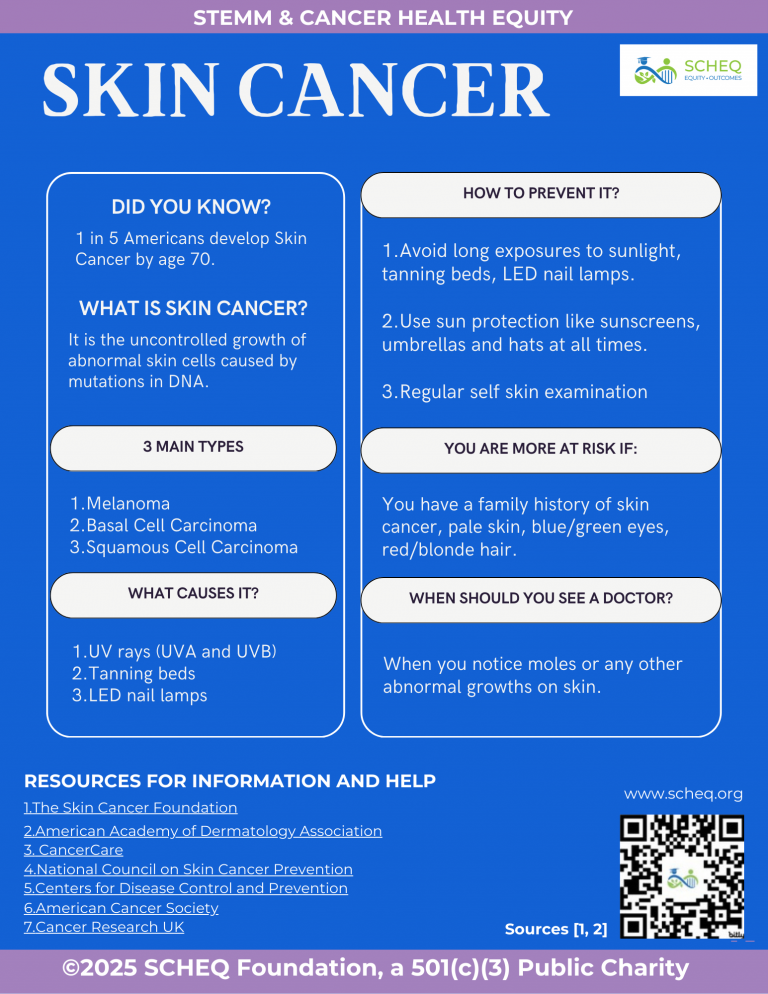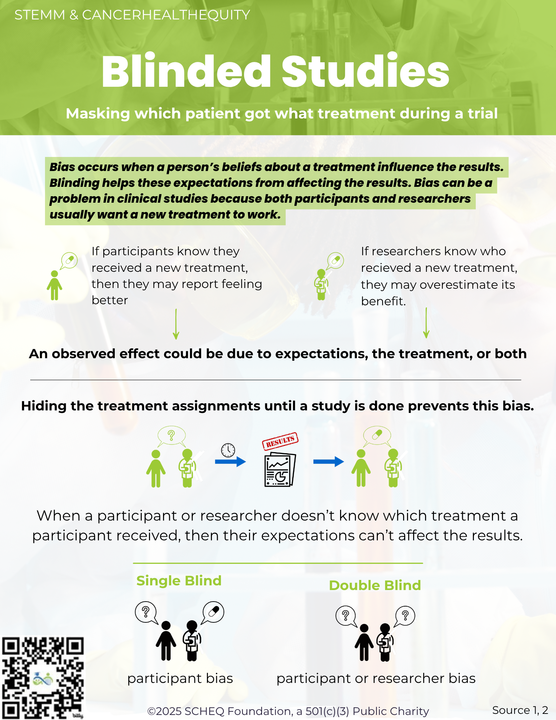Dr. Eugene Manley attended the 16th AACR Conference on the Science of Cancer Health Disparities in Racial/Ethnic Minorities and the Medically Underserved that was held in Orlando, FL at Disney’s Grand Floridian Resort & Spa from September 29 – October 2, 2023. This meeting seems to be getting larger every year, and it is great overall meeting that discusses disparities and health equity across the spectrum of research, care, and patient engagement.
While this is not an exhaustive list, here are some takeaways from this year’s meeting.
Distinguished Lectureship on the Science of Cancer Health Disparities
Dr. Odedina distinguished lectureship covered the aspects of her career spanning her work in identifying prostate cancer biomarkers through cell culture and omics that are unique to Black/African populations. She also discussed her work in designing and utilizing surveys to understand the behavior of Black men during prostate cancer screening, in community engagement, and in developing consortia to address prostate cancer in Africa, the Caribbean, and the U.S. She presented a great figure that describes the multiple layers needed to achieve health equity through community engagement (1). She also discussed the importance of mentoring and why training the next generation of scholars is important to ensure we can create and develop therapies that work for those that have the greatest disparities and inequities.
Barriers to Clinical Trials
There were several discussions about increasing clinical trial diversity. There are numerous barriers and disparities. Implicit bias plays a role in healthcare delivery. There are significant disparities in trial participation by race, education, and rurality. Some of these barriers are related to access, awareness, racism, and workforce diversity. Other barriers included study designs being too complex, restrictive inclusion/exclusion criteria, and patients not being offered trials.
Several solutions were presented. To increase access, extend clinic hours or provide transportation vouchers. To increase awareness, use language translators , patient education programs, and research/community ambassadors. To combat racism, do more investment and community engagement, and train providers. Having a diverse workforce can increase cultural competency when working with diverse populations and organizations should focus on hiring a racially and ethnically diverse staff. This may reduce the anxiety patients feel. The NCI is running the CATCH.UP.2020 Program to increase access to targeted therapies in underserved populations.
Other observations included that you can not make improvements if you are not making measurements to assess where you are versus where you believe you are. For measurements to be meaningful you have to benchmark, collect, analyze, and take feedback. This includes looking at the stakeholders, organizations, physicians, research staff, and culture. We must meet our populations where they are and build the required infrastructure and relationships.
- Informed consent forms need to be less cumbersome, as they can overwhelm people.
- Trial designs need to reduce the number of procedures done to patients.
- Trial decentralization can help with obtaining routine samples locally, as opposed to having to travel far distances to a site.
- The inclusion and exclusion criteria leave out many people who will likely be using the therapies.
- In one clinical setting, race and ethnic trial enrollment could possibly be increased by up to 22% by informing people about trials and asking if they would be willing to participate.
Diversity of Attendees and Increased Number of Presentations
There appeared to be even more racial and ethnically diverse representation across the meeting. This suggests that more people are doing work in health equity and disparities or are more interested in learning about it. It also appears like there was a significant increase in number of posters presented. This year there were 3 poster sessions that covered the spectrum of basic, translational, and clinical research. Additional work revolved around interventions, community engagement, program assessments, social determinants of health, patient advocacy, and mentorship. It was great to see all of the work done by students and researchers.
We look forward to seeing everyone next year.
Reference
1. Odedina FT, Pacheco RA, and Castro MC. Building healthy populations one community at a time. Nat. Med. 2023; 29(7): 1601-1604. DOI: 10.1038/s41591-023-02422-4



